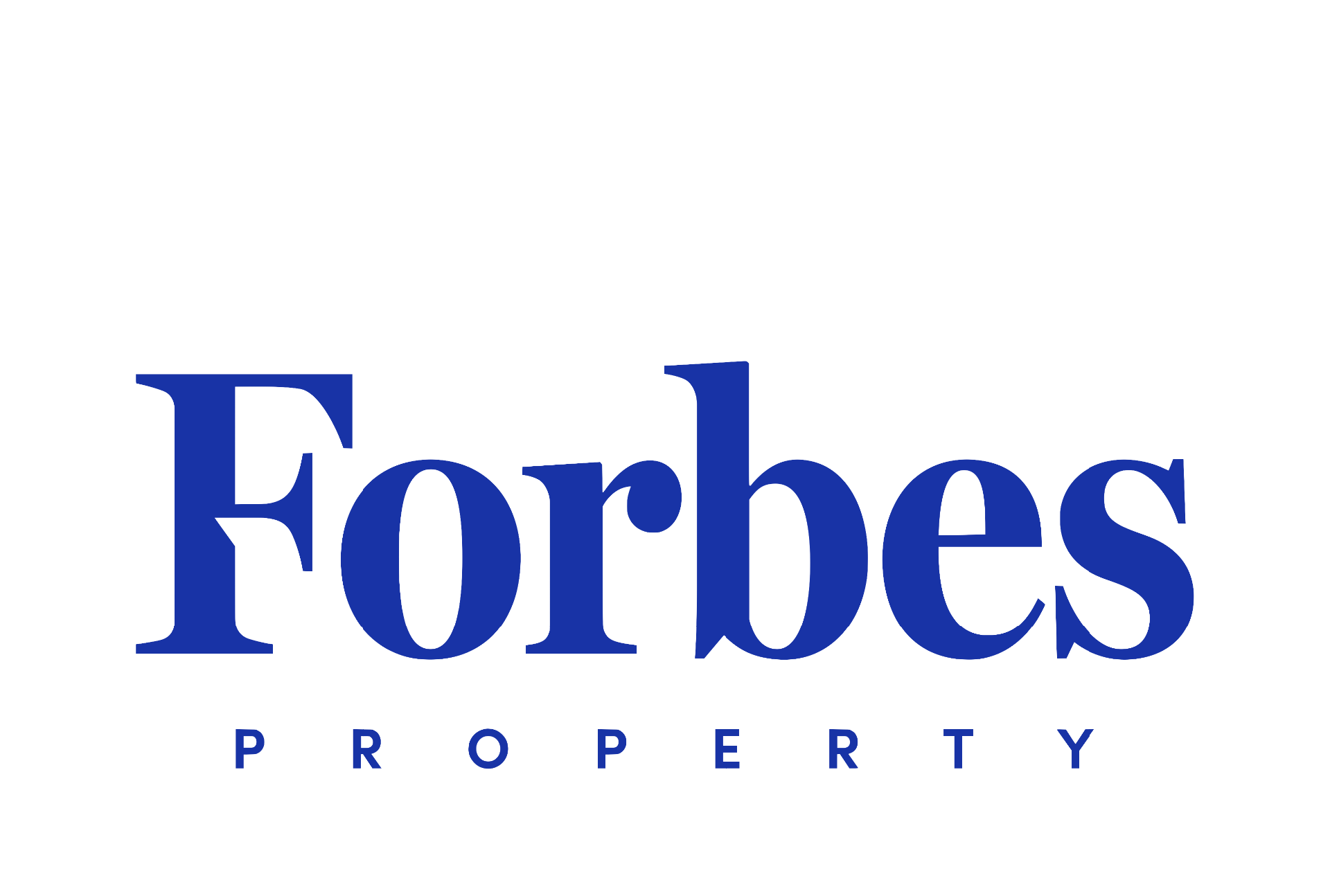Property Market Decoded: Top 5 Essential Phrases
The world of real estate is filled with its fair share of jargon, acronyms, and technical terms that can often confuse even the savviest of investors and homeowners. As a potential buyer or seller, it's crucial to understand the language used in the property market to make informed decisions. In this article, we'll break down the top five common phrases used in the property market, offering you a comprehensive jargon-busting guide.
1. Comparable Sales (Comps):
Comparable sales, often referred to as "comps," play a significant role in determining the value of a property. This phrase refers to recent sales of similar properties within the same area and with similar features. Real estate agents and appraisers analyze comps to estimate a fair market value for a property. By examining recent sales prices, size, condition, and location of comparable properties, buyers and sellers can gauge a property's worth. Comps act as a crucial reference point, helping buyers make competitive offers and sellers set appropriate listing prices.
2. Loan-to-Value Ratio (LTV):
The loan-to-value ratio, commonly known as LTV, is a financial term used in property transactions. It represents the ratio between the mortgage loan amount and the appraised value of the property. LTV is an essential factor for lenders when assessing the risk associated with a mortgage application. A higher LTV implies a larger loan relative to the property value, which can increase the lender's risk. Most lenders have specific LTV requirements, with lower ratios typically offering better loan terms and interest rates. Understanding the LTV ratio empowers homebuyers to make informed decisions about their mortgage options and negotiate favorable terms.
3. Homeowners Association (HOA) Fees:
When purchasing a property within a planned community or a condominium, you may encounter the term "HOA fees." These fees are charged by a homeowners association to cover various expenses related to maintaining common areas and amenities. HOA fees typically fund services like landscaping, security, trash removal, and repairs. The amount of HOA fees varies based on the property's location, size, and the level of amenities provided. While HOA fees contribute to the overall upkeep and value of the community, potential buyers must consider these ongoing costs as part of their budget. It is also essential to review the HOA's rules and regulations before making a purchasing decision, as they may impose restrictions on property use.
4. Closing Costs:
Closing costs are the fees and expenses that buyers and sellers incur during the final stage of a real estate transaction. These costs are separate from the property's purchase price and can include various expenses, such as loan origination fees, title search fees, appraisal fees, attorney fees, and taxes. The total closing costs typically range from 2% to 5% of the property's purchase price. As a buyer, it's crucial to factor in closing costs when budgeting for a home purchase. Sellers should also anticipate paying their share of closing costs, which can include agent commissions and other fees. Understanding the concept of closing costs helps buyers and sellers avoid surprises and plan their finances accordingly.
5. Capitalization Rate (Cap Rate):
Investors and property owners often use the term "cap rate" to evaluate the potential return on an investment property. Cap rate represents the net operating income (NOI) of a property as a percentage of its purchase price or market value. By calculating the cap rate, investors can compare different investment opportunities and assess their profitability. A higher cap rate indicates a potentially higher return on investment, although it may also signify increased risk. Cap rates are influenced by factors such as location, property condition, rental demand, and local market trends. It's important for real estate investors to carefully analyze cap rates before making investment decisions, as they provide a valuable tool for assessing property performance.
Navigating the property market can be daunting, especially when confronted with unfamiliar jargon and technical terminology. However, by familiarizing yourself with these top five phrases, you'll be better equipped to navigate property transactions with confidence and make informed decisions. Understanding comparable sales, loan-to-value ratios, homeowners association fees, closing costs, and capitalization rates empowers buyers, sellers, and investors to engage in meaningful conversations and negotiate favorable outcomes. So, the next time you encounter these terms, you can confidently break through the jargon barrier and make your mark in the property market.
Share this post:


